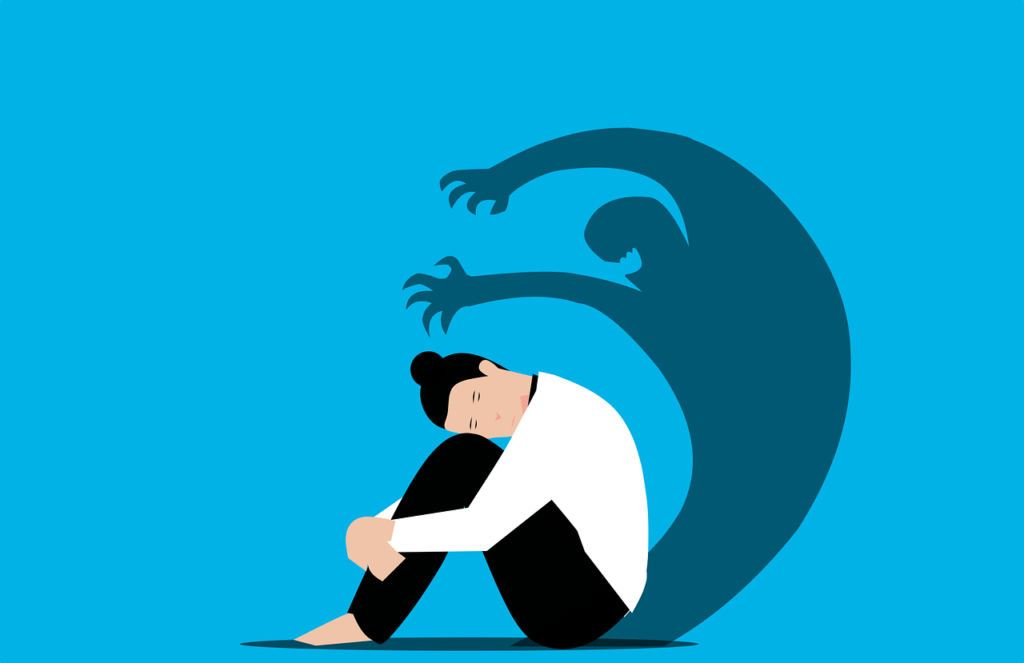
In recent years, the topic of mental health has gained significant attention, especially in the wake of the COVID-19 pandemic. More than ever, people are recognizing that mental well-being is just as important as physical health. But what exactly is mental health, and why does it matter? In this post, we’ll explore the importance of mental health, common challenges, debunk myths, and share practical mental health tips to help you live a balanced life.
What is Mental Health?
Mental health refers to our emotional, psychological, and social well-being. It influences how we think, feel, and behave, impacting every aspect of our lives. Many people think that good mental health simply means the absence of mental illness, but it’s much more than that. It’s about feeling good about yourself, coping with the normal stresses of life, and maintaining fulfilling relationships.
Why Mental Health Matters
Taking care of your mental well-being is crucial for a happy and fulfilling life. Good mental health enables you to handle stress effectively, work productively, and contribute positively to your community. According to the World Health Organization (WHO), nearly 1 in 4 people worldwide will experience a mental health issue at some point in their lives. These statistics highlight how common mental health challenges are, yet the stigma around them often prevents people from seeking help.
Common Mental Health Challenges

Many people face mental health challenges, even if they don’t talk about them. Some of the most common include:
- Anxiety Disorders: Feeling anxious occasionally is normal, but chronic anxiety can interfere with your daily life. Symptoms include excessive worry, restlessness, and difficulty concentrating.
- Depression: This is more than just feeling sad. Depression can affect how you think, feel, and handle everyday tasks. Symptoms include persistent feelings of hopelessness, fatigue, and changes in appetite or sleep patterns.
- Stress and Burnout: With the fast-paced nature of modern life, it’s easy to feel overwhelmed. Chronic stress can lead to burnout, which manifests as physical and emotional exhaustion.
- Social Isolation: Loneliness is a growing issue that can negatively impact mental health. Humans are social beings, and a lack of connection can lead to feelings of depression and anxiety.
Debunking Myths About Mental Health
There are many misconceptions surrounding mental health. Let’s clear up some common myths:
- Myth 1: “Mental health problems are a sign of weakness.”
- Fact: Mental health issues can affect anyone, regardless of their strength, background, or personality. Seeking help is a sign of strength, not weakness.
- Myth 2: “Therapy is only for people with serious mental illness.”
- Fact: Therapy can benefit anyone looking to improve their mental well-being. It’s not just for those in crisis but for anyone seeking personal growth and emotional resilience.
- Myth 3: “You can just snap out of it.”
- Fact: Mental health conditions are not something you can simply ‘snap out of’. They require the same level of attention and care as physical health issues.
10 Tips for Maintaining Good Mental Health
Maintaining good mental health doesn’t have to be complicated. Here are some practical tips you can start implementing today:
- Practice Self-Care
Self-care isn’t selfish; it’s essential. Engage in activities that relax and recharge you, such as reading, journaling, or spending time in nature. - Stay Physically Active
Exercise is not just great for your body but also for your mind. Physical activity releases endorphins that can help reduce symptoms of anxiety and depression. - Eat a Balanced Diet
What you eat affects your mood. Incorporate plenty of fruits, vegetables, and whole grains into your diet to support both your mental and physical health. - Build Strong Social Connections
Humans are wired for connection. Make time to strengthen your relationships with family and friends. Social support is a key factor in maintaining good mental health. - Practice Mindfulness and Meditation
Techniques like mindfulness and meditation can help you stay grounded, reduce stress, and improve your overall emotional health. - Set Healthy Boundaries
Whether it’s work, social media, or personal relationships, setting boundaries is essential to protect your mental well-being. Learn to say no without feeling guilty. - Get Quality Sleep
Lack of sleep can have a negative impact on your mood and cognitive function. Aim for 7-9 hours of quality sleep each night. - Limit Alcohol and Caffeine
While it may be tempting to reach for that extra cup of coffee or glass of wine, too much can exacerbate anxiety and disrupt sleep. - Seek Professional Help When Needed
If you’re struggling with your mental health, there’s no shame in reaching out to a professional. Therapists and counselors can provide tools and strategies to help you cope. - Engage in Hobbies and Creative Activities
Whether it’s painting, gardening, or playing a musical instrument, engaging in creative hobbies can be a great way to reduce stress and improve your mood.
The Connection Between Mental and Physical Health
It’s important to recognize that mental and physical health are deeply interconnected. Chronic stress, for instance, can weaken the immune system, making you more susceptible to illnesses. By taking care of your mind, you’re also taking care of your body.
Conclusion
Your mental health is a vital component of your overall well-being. It’s not something to be taken lightly, but rather something to be nurtured. By incorporating these mental health tips into your daily life, you can improve your mood, reduce stress, and live a happier, more balanced life. Remember, taking care of your mental health is a lifelong journey, and it’s okay to seek help when you need it.
Take a step today towards better mental health. After all, a healthy mind leads to a healthy life.
For more information about mental health Visit and click here World Health Organisation.






